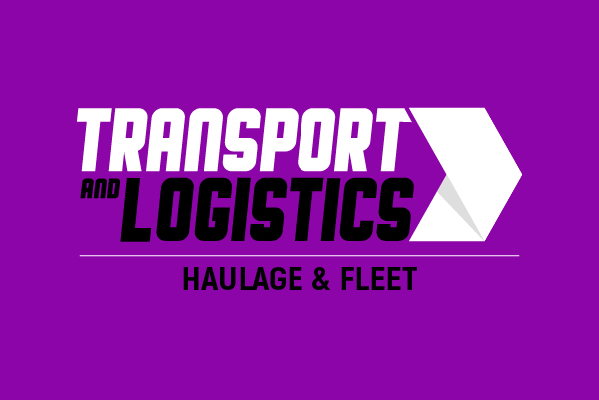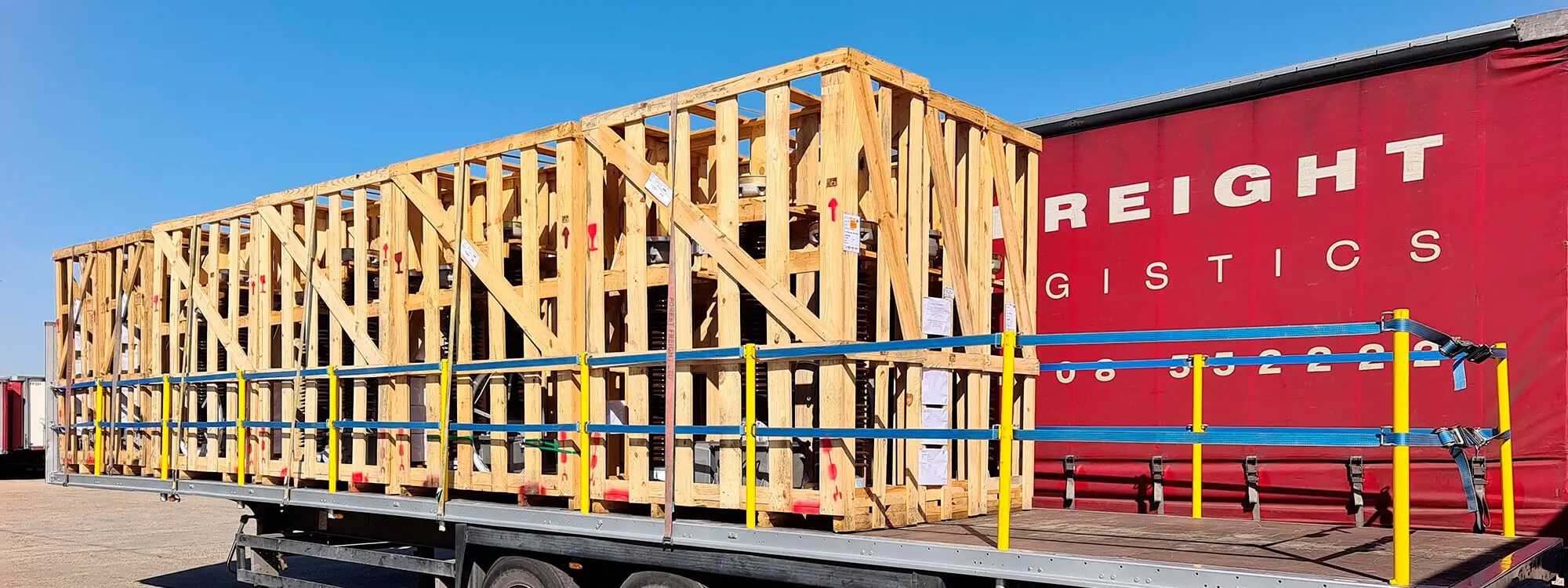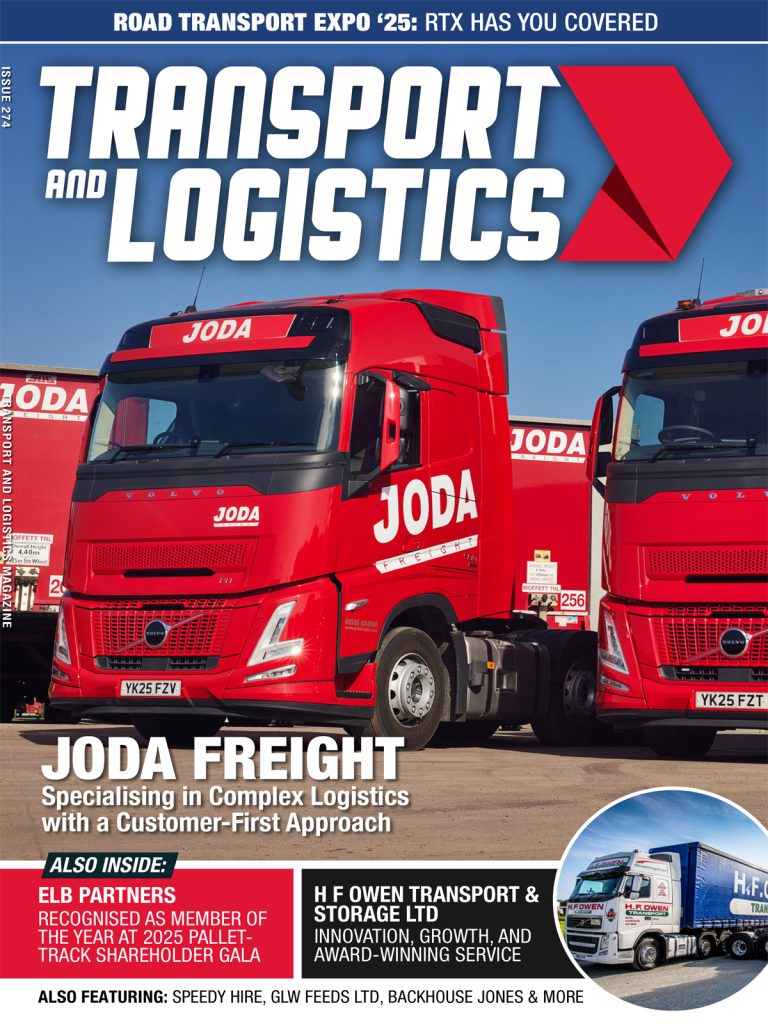There are many components involved when it comes to construction management. One of the most important parts of delivering a successful construction project is the logistics. Keeping your construction logistics in line is a vital practice in getting your supplies where they need to be, on time, so that sites are clear and operations are performed swiftly. In particular, construction logistics plays a crucial part in the storage and movement of heavy bulk goods, allowing projects to be executed efficiently and safely from start to finish.
If you’ve never considered construction logistics before, then it’s important to understand exactly how the solution can benefit your business so you can make the best decision for your project. Whether it’s a small or complex job, knowing the logistics you need is essential for planning procedures and for completing each stage of the process in record time.
In this article we’re going to be providing the ultimate construction logistics guide which will include all the details you need to know about how it fully works and why it’s effective for keeping supply chains moving fast!
What is construction logistics?
The term ‘construction logistics’ refers to the storage and movement of material supplies needed for completing a construction project. The logistics procedure involves the handling and collection of goods as well as storage and onsite delivery to help clear supply chains and improve the safety of items. Sending your freight through construction logistics means everything is fully covered, from sorting and packaging of materials, full warehousing, risk assessment and waste management. All goods are collected in a consolidation centre where materials can be shipped on a ‘just in time’ basis to make sure the site isn’t overloaded with materials.
By protecting the goods required for your project, it reduces the risk of missing a delivery window or delaying a job which could lose your business money. No matter if your consignments are arriving via road, rail or ship, it’s crucial that the right construction logistics operations are carried out. Preparing a full logistics strategy ensures material stock levels are maintained and sites are kept safe which reduces the risk of goods getting damaged. So this helps with cutting down costs and saving time for focusing on other aspects of a project.
How does construction logistics work?
When it comes to using construction logistics, the first stage involves risk assessment and planning. This focuses on creating a full construction logistics strategy, which is implemented to help control the supply chain materials and improve their distribution. This outlines the project timeline and inventory of materials and tools which will be needed.
From planning to completion, construction logistics is a useful technique for making sure workforces have the right equipment at the right location and on time, so that there are no delays in the operation.
The next phase includes the collection and handling of goods so that they can be rolled out to where they’re needed most.
To make the whole process even quicker, freight forwarders can store consignments prior to distribution so that supplies are ready on time and easy to locate when required. This also ensures supplies are available in close proximity and saves the need for on-site storage space.
Finally, once the supplies are needed, the materials are then carefully sorted and packed ready to be transported to the correct location. All items are highly protected throughout transit and moved as safely as possible to ensure they arrive onsite undamaged. By getting all items delivered at the same time, this helps to reduce road congestion and mileage costs.
Another useful part of construction logistics is that it removes excess materials off site and clears any left waste to keep areas clean for the workforce. Allowing the construction team to speed up the project and increase the level of workflow.
Who needs construction logistics?
If you’re a project planner, developer or construction manager, full logistics should be considered to ensure all activities can be delivered efficiently and on-schedule. In particular, having an effective construction logistics system has a positive impact on time and cost, which is imperative for meeting business objectives and controlling supply chains.
No matter what building project you need to deliver, implementing an in-depth construction logistics plan is helpful with promoting improved productivity, maximises flexibility and boosts the level of safety for workforces to carry out their activities.
What are the main types of construction logistics activities?
Logistics in construction involves many different activities which are important for the safety of resources and smooth delivery of consignments.
Here are the main groups of construction logistics activities to be prepared with:
- Planning and assessment
- Supplies sourcing
- Production scheduling
- Sorting and packaging
- Warehousing
- Order fulfilment
- Onsite and offsite delivery
- Construction freight handling
- Waste control
In addition to the above project solutions, another part of construction management that can be used is Construction Consolidation Centres (CCC). These locations are close to construction sites, which store consignments prior to delivery. So they are collected and dropped off to site only when required. This reduces the amount of equipment on site to make moving around easier and means materials are available close by.
—
Hopefully by discovering the reasons for choosing construction logistics, you’ll be able to integrate them with your next project and ensure a quicker turnaround! No matter your construction needs, construction logistics is vital for managing your project effectively. In addition to clearing your supply chains of any obstacles, it also helps to keep procedures running smoothly. So, why not streamline your construction project with logistics solutions and properly coordinate your supply chain?
Author Biography
Content Writer: Charlotte Blackmore
Charlotte is a professional SEO Executive and content creator based in Essex, who loves helping businesses grow online. She has extensive knowledge and skills within various digital marketing sectors, including keyword research, search analytics, blog writing to web content creation.














